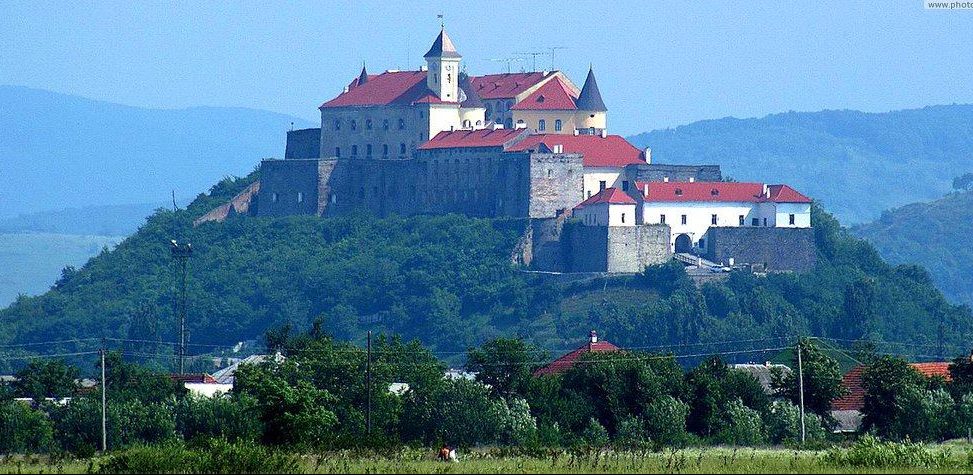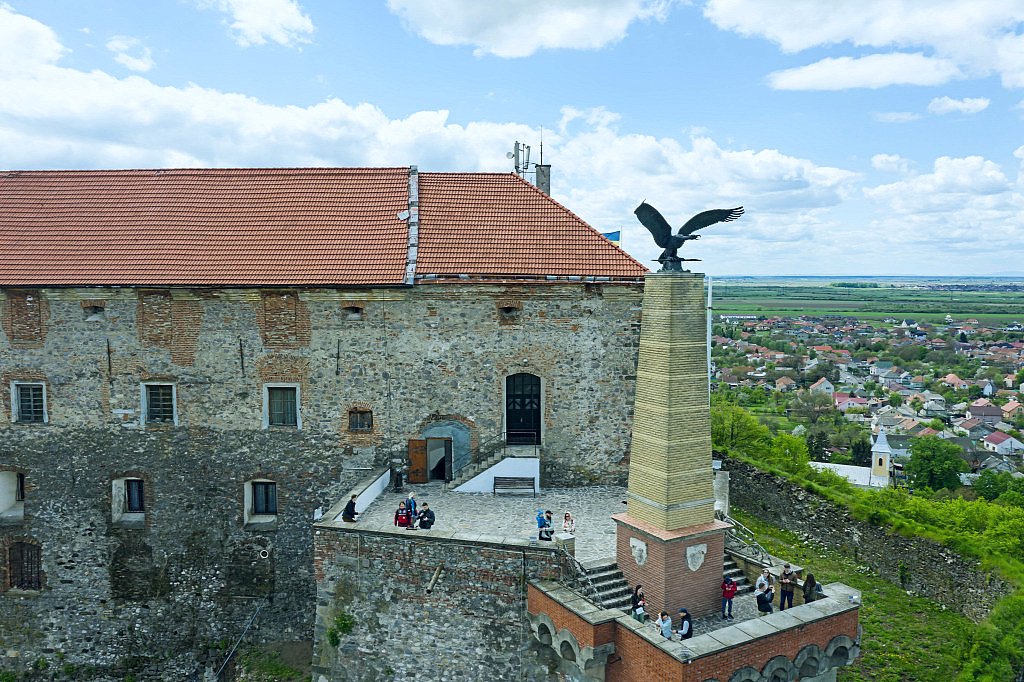
In recent days, several anti-Hungarian incidents have occurred in Ukraine, such as the removal of Hungarian flags and signs.Continue reading

In an opinion piece published in Newsweek, Hungarian researcher Balázs Tárnok drew attention to the violation of the rights of national minorities in Ukraine.
As Ukraine continues to deal with conflict and work towards joining the EU and NATO, the government in Kiev has faced criticism from international organizations for its restrictions on the rights of ethnic minorities, even those who have died fighting for the country’s freedom, Balázs Tárnok, Managing Director of the Europe Strategy Research Institute at the University of Public Service (NKE) writes.
He warns that Ukraine’s new Law on National Minorities strips rights from its ethnic minorities which they had previously enjoyed. ”Ethnic minorities, for instance, Poles, are not guaranteed under the new legislation to freely use their ethnic-national symbols, even though they are fighting on the front lines, and Poland provides the biggest possible support to Ukraine. They are provided less time to air Polish-language media content and can barely use their mother tongue in schools or outside their homes, even though they were free to do so since the independence of Ukraine,” Tárnok explains.
According to the researcher, Kiev’s handling of its minority population has previously been a subject of criticism. Following Russia’s annexation of Crimea in 2014, Ukraine underwent significant changes to its minority policies. In 2017, the Ukrainian Parliament passed the Law on Education, which severely restricted the rights of ethnic minorities to receive education in their native language. And in 2019, the State Language Law completely banned the use of historic minority languages in all public settings.
These were an embattled nation’s knee-jerk reactions to Russian aggression. It is the kind of ethnophobic neo-nationalism that harkens back to Europe’s darkest decades,”
Tárnok warns, pointing out that although the intended target of these policies was the Russian-speaking population in Eastern Ukraine, they affected all other ethnic minority groups, too—including Bulgarians, Poles, Romanians, and Hungarians.
As Ukraine fights a David-and-Goliath battle to maintain its independence, it must not trample on significant portions of its own population,
he stresses. Tárnok adds that “Russia is certainly in the business of canceling Ukrainian identity as such”. “But in its fight to push back against Russian aggression, Ukraine cannot win this war and lose its soul. If Ukraine is to emerge from this bloody war to preserve its own nationhood and become a strong, confident, and prosperous European country, it must respect the fundamental rights of its own minority populations,” he concludes.
Featured photo via Twitter